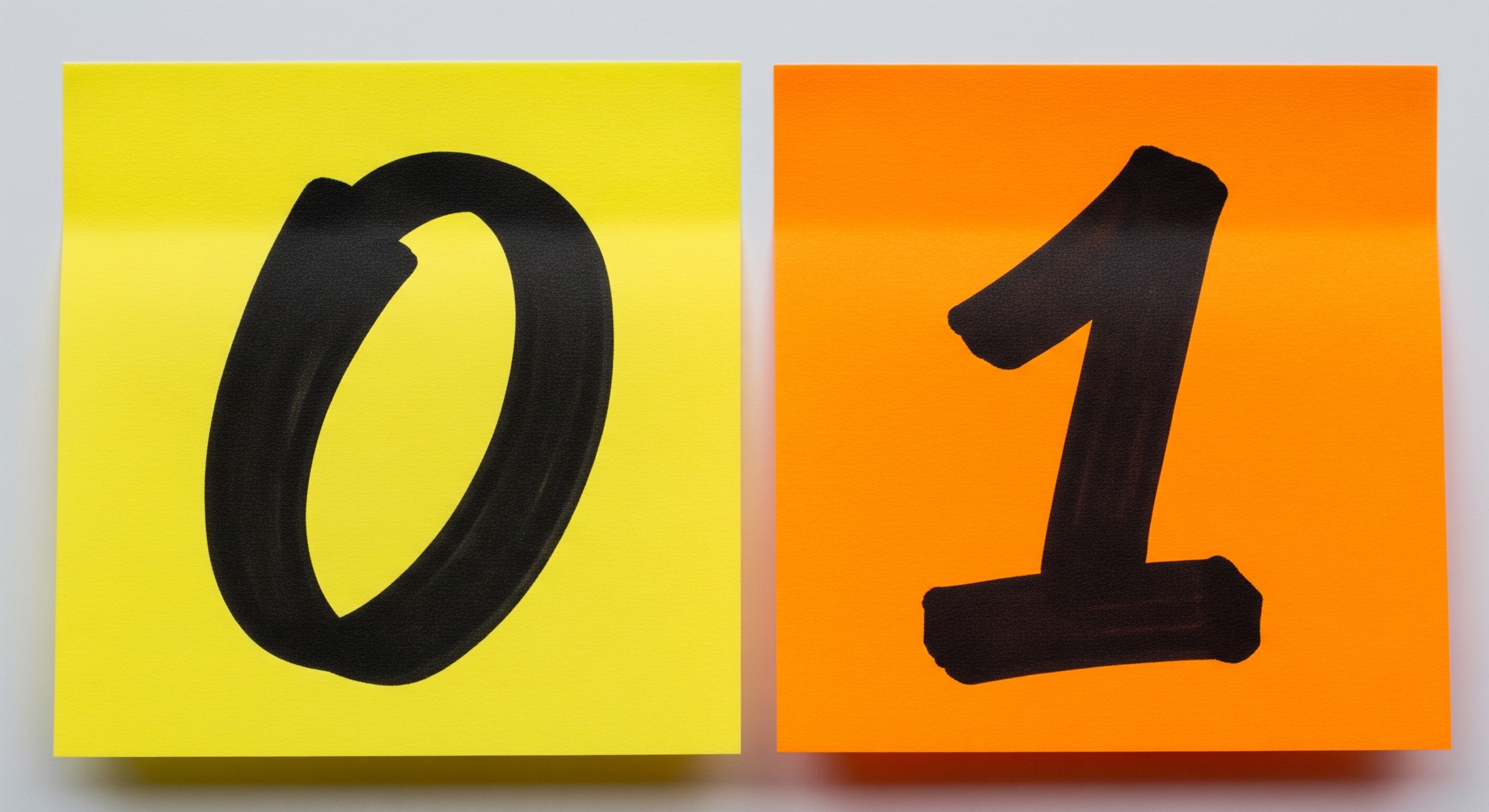
The course and its areas
The Ph.D. program in Texts, Contexts and Sources from Antiquity to Contemporary Age has a three-year duration.
It is divided in three areas: 1. Historical, philological-literary, archaeological, and historical-artistic studies on the antiquity and the middle ages; 2. Italian and European historical-literary, philological, and linguistic studies; 3. Historical studies). Each are involves various disciplines.
The Program is carried out in collaboration with the Academy of Fine Arts in Frosinone.
The disciplines involved in the Program are, in general, as follows (the list of the specific disciplinary areas relevant to the PhD program is indicated each year in the call for applications):
Italian
Philology of Italian literature
Italian linguistics
Italian literature
History
Medieval history
Early Modern history
Modern history
History of international relations
Foreign languages and literatures
French
English
Russian
Spanish
Art history
Medieval art history
Modern art history
Contemporary art history
Cultural heritage
Classical archaeology
Medieval archaeology
Museology
Ancient world
Classical philology
Paleography
Latin language and literature
Greek language and literature
Roman history
Greek history
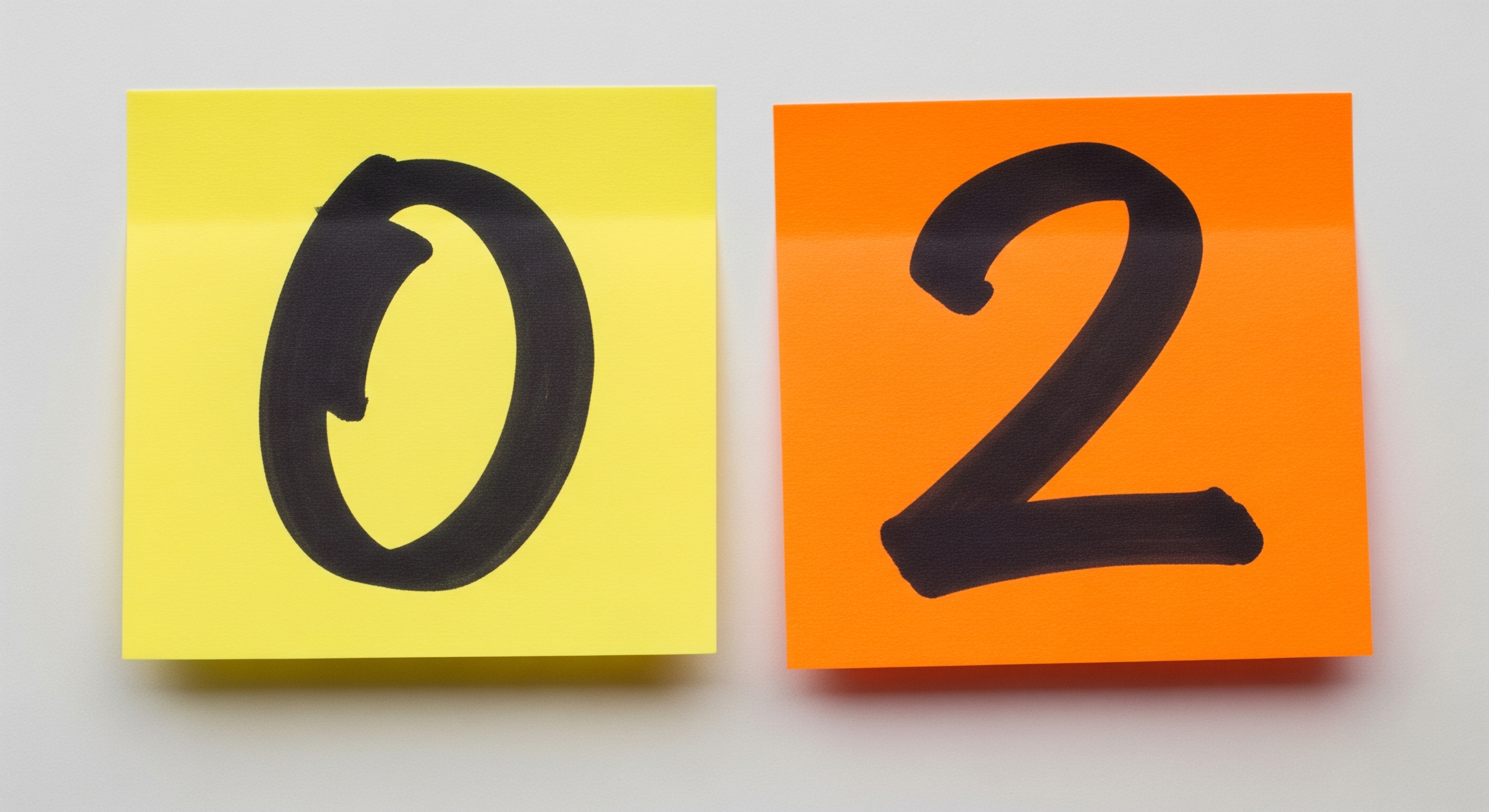
Teaching
Students are required to attend lectures and seminars (almost always held face-to-face in Cassino).
Through lessons and seminars students learn the credits necessary to advance to the next year.
Each year, students are presented with a wide range of specific courses (click here for the 2024-2025 course offerings).
Some courses are mandatory while others can be chosen by the students.

Regulations
Students who are granted scholarships are required to comply with relevant regulations, specifically the Ph.D. Program Regulations, based on the University Regulations, based on Ministerial Decrees (226/2021 and 301/2022) If the scholarship was granted (also) by bodies other than the University any other pertinent additional provision must be complied with. The above regulations are available on the present website (click here).
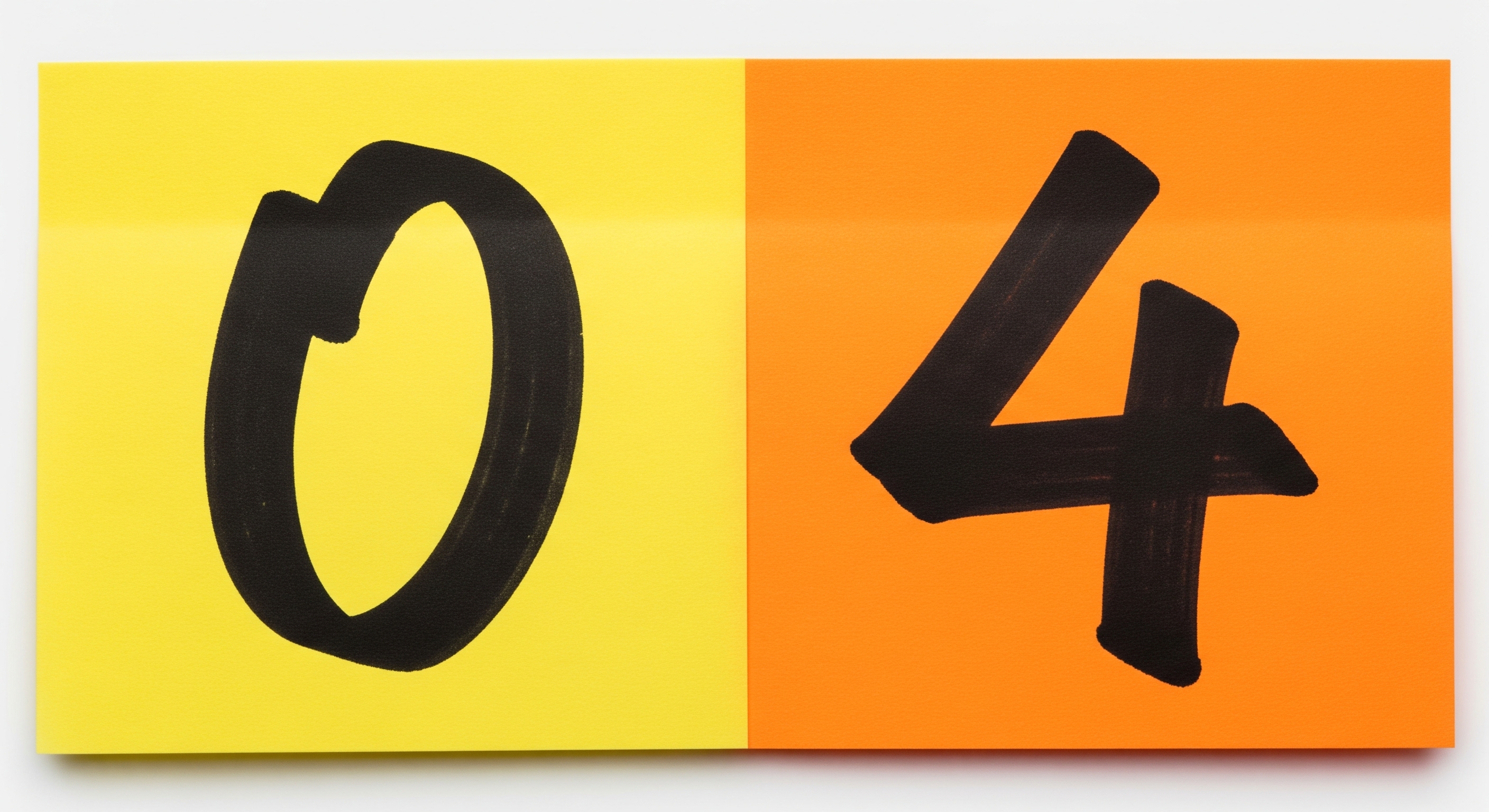
Contacts
The Ph.D. program coordinator is Prof. Costanza D'Elia.
The Director of the Department is Prof. Gianluca Lauta.
For administrative matters, please contact the Ph.D. and Research Grants Office.
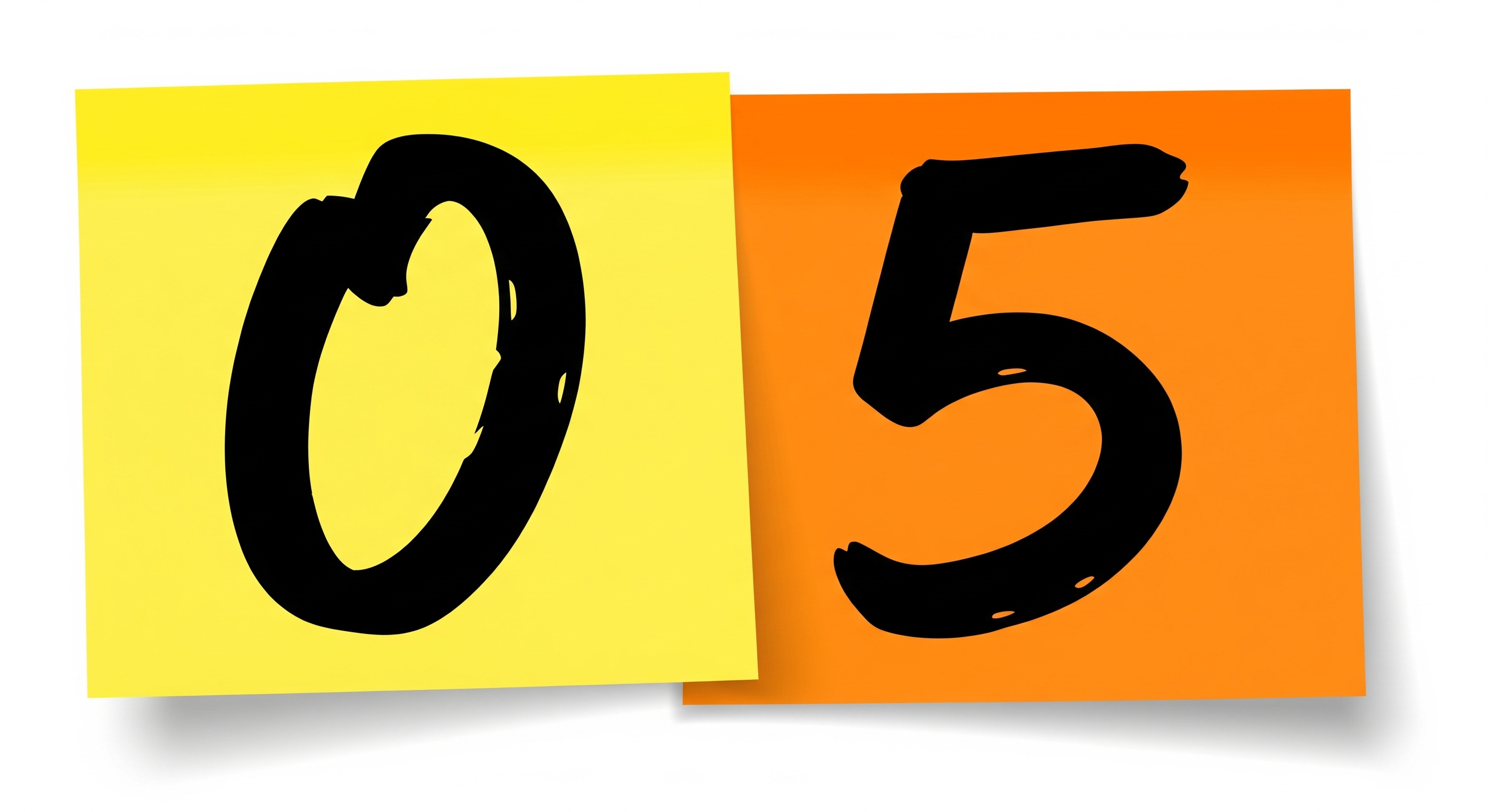
Admission to the following year
Admission to the following year is not automatic: at the end of the academic year (normally in October), students must submit a written report and attend an admission interview for the following year before the entire Board (Collegio) or before a committee of experts appointed by the Board.
The Board 1) verifies that the student has attended the required teaching activities; 2) hears the student’s report on the status of their research; 3) takes into account the opinion of the tutor and, finally, if all requirements are met, admits the student to the following year.
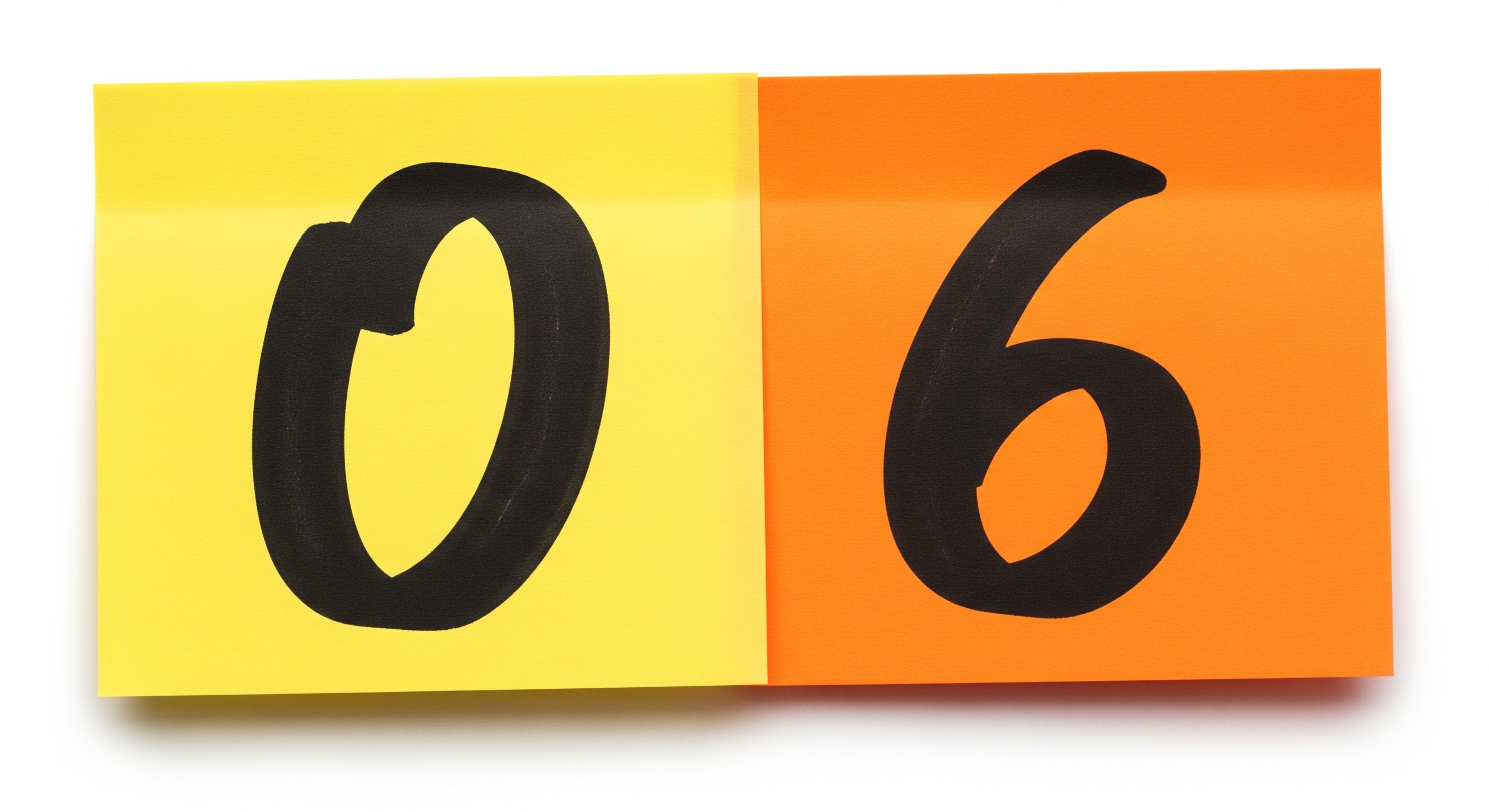
Stays abroad and internships
All students must carry out at least one quarter of their research abroad (three consecutive months or various periods of at least one month). Funders (private or public) other than the University may require that the stay abroad be longer and that the student carry out an internship in a company for a period specified in the call for applications.

The activities of the Ph.D. program take place in Cassino, on the Folcara University Campus, in the new Arts and Philosophy building.
Depending on the topic of their thesis, students can join one of the following Department's laboratories (click to open the laboratories page):
Laboratorio Museo Facile (Easy Museum Laboratory) for historical and artistic topics,
Laboratorio Tempo, Spazio, Strutture (TeSpaS) (Time, Space, Structures Laboratory) for historical and geographical topics,
Book and Research Laboratory (LIBeR) for topics related to the ancient world,
Laboratory for Historical and Archaeological Research of Antiquity (LaRSArA – La Terra) for archaeological topics.
The ‘Giorgio Aprea’ Humanities Library is currently being transferred to the new premises.
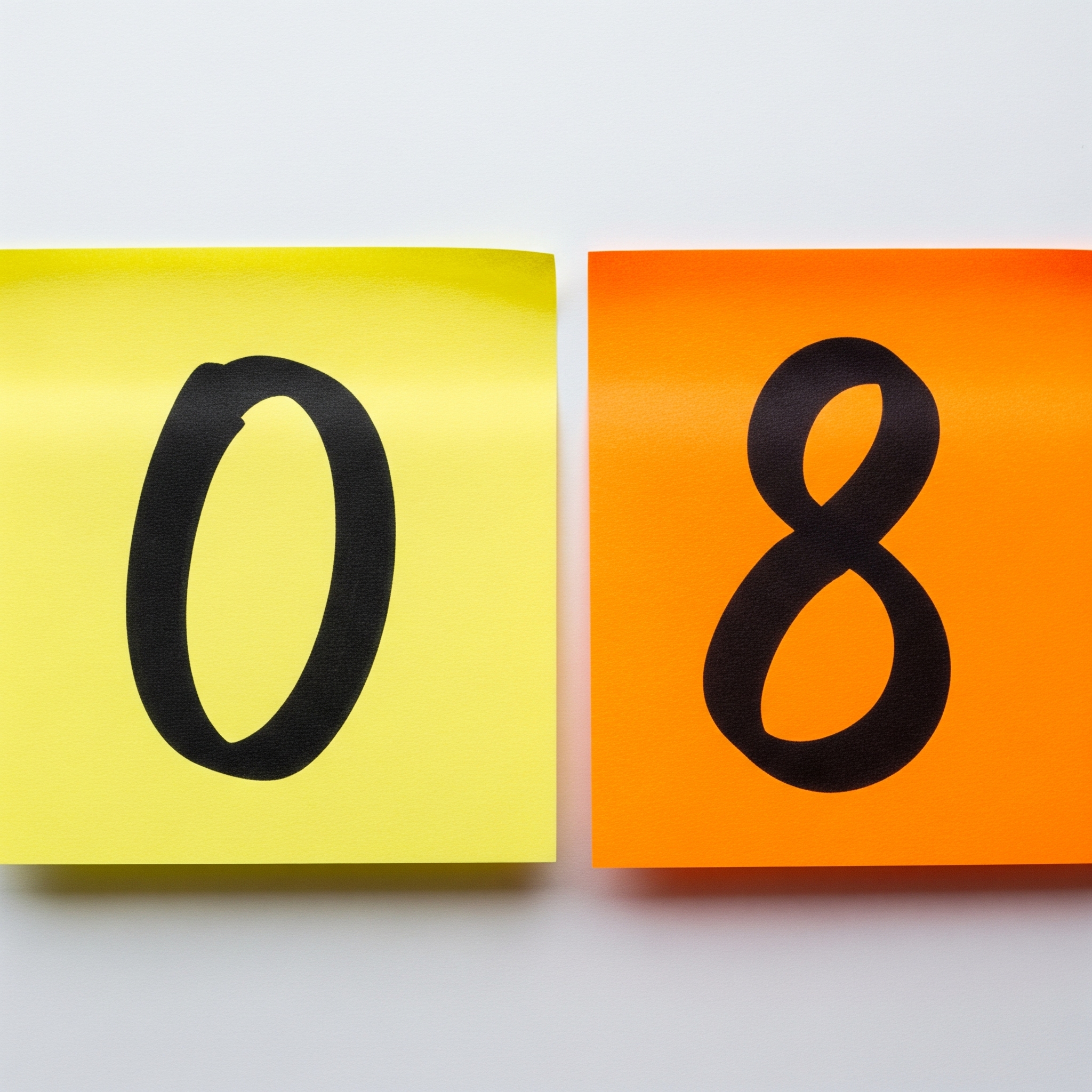
What is the purpose of a PhD?
A PhD is essential for pursuing an academic career as well as increasing one’s opportunities to access other intellectual, scientific, and highly specialized professions in public administration and business (Almalaurea data).

International co-supervision
After obtaining the scholarship, the studenthas the option to apply for international co-supervision: once an agreement has been made with a university in another country, the student will be enrolled in two separate Ph.D. programs and, at the end of the three-year period, will obtain a double or joint PhD, recognized in both countries.